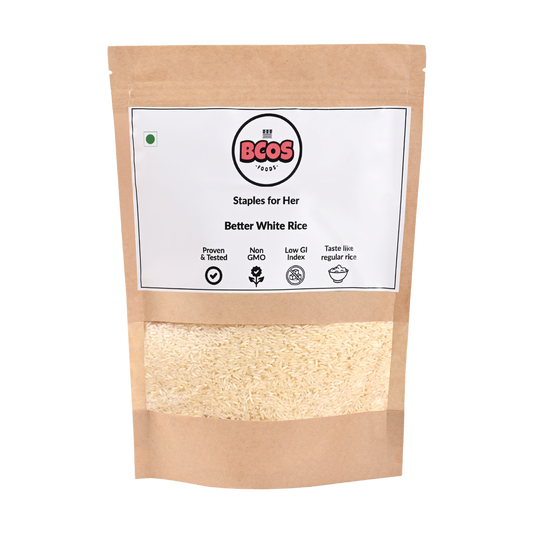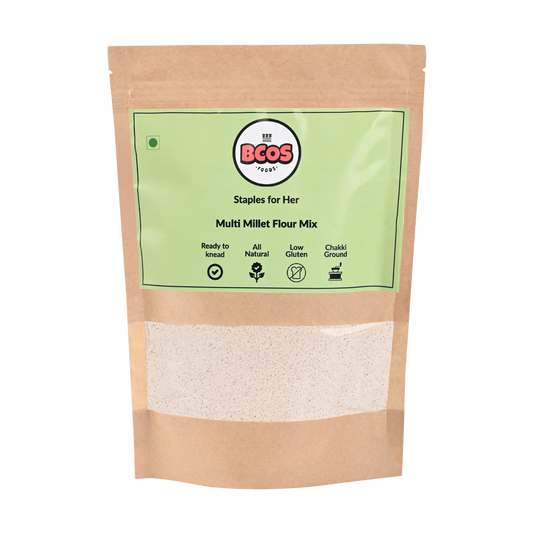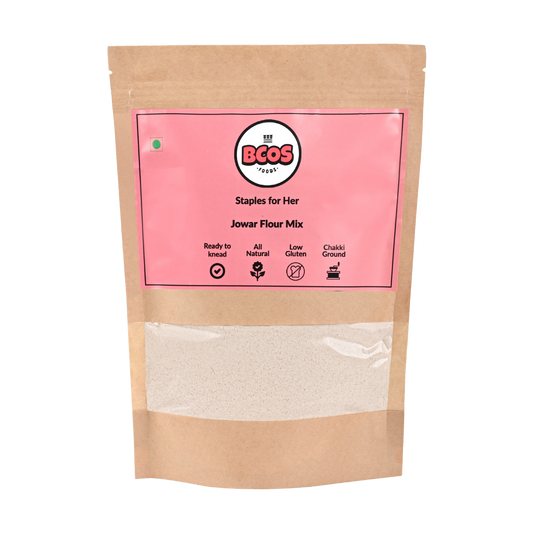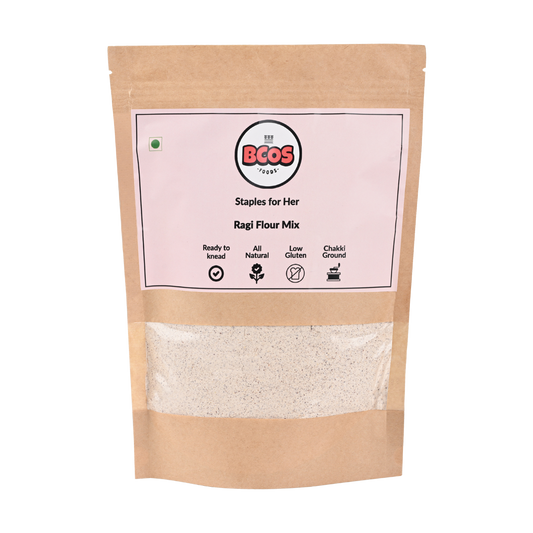Since puberty, you’ve had to deal with the ebb and flow of your hormones. And when things are in balance, you generally feel good. Problems arise, though, when these hormones are imbalanced. One possible result: polycystic ovary syndrome (PCOS).
PCOS is a metabolic and hormonal disorder that affects about 10 percent of women.
Signs and Symptoms of PCOS
You’d think that with a name like PCOS, the condition would mean that women have cysts on their ovaries, but that’s not always the case. In fact, to be diagnosed with PCOS, a woman needs to meet two of the following three criteria :
- Androgen Excess This appears as hirsutism, which is when dark, coarse hair grows in unwanted places on the face and body; severe acne; and male-pattern hair loss.
- Ovulatory Dysfunction This the clinical name for irregular periods (most often this manifests as especially long cycles or absent cycles).
- Polycystic Ovaries Not every woman has cysts, but some women do. They are found on an ultrasound and blood tests.
Unfortunately, about half of women who have PCOS have no idea. Below are common symptoms of PCOS. Keep in mind that not all women have every symptom. If you’re experiencing any of the below, talk to your doctor, and ask about the possibility of PCOS :
- Irregular Periods Because of a lack of progesterone, periods don’t come regularly and the cycle is longer than it should be. Patients experience unpredictable cycles and have about eight or fewer cycles per year.
- Infertility PCOS can impair the ovaries’ ability to develop and release eggs. A woman may not even realize she has PCOS until she’s tried to get pregnant without success and goes to the doctor for a checkup.
- Hirsutism, Hair Loss, and Acne Excess hair growth on the face and body, male-pattern hair loss on the head, and acne may be some outward signs that tell doctors a patient has high androgen levels and she may have PCOS.
- Weight Gain Half of women with PCOS gain unexpected weight, are obese and face stubborn belly weight . Nonetheless, you don’t have to be overweight or obese to have PCOS, as it occurs in thin women as well.
- Mood Disorders Anxiety, depression, poor body image, and sleeping disorders are common in women who have PCOS.
- Insulin Resistance Skin tags and dark, velvety patches of skin around the armpits, groin, and neck can be signs of insulin resistance.
- Fatigue Sleep apnea, which can make you feel sleepy during the day, is commonly reported in women with PCOS.
Causes and Risk Factors of PCOS
Considering that 10 million women around the world have PCOS, it may surprise you to know that experts still don’t know the exact cause. Researchers think there’s a strong genetic link among women in families. For instance, if your sister was diagnosed with PCOS, you have about a 40 percent risk for having it, she says. Other potential causes include changes in utero, specifically exposure to a hormone called the anti-Mullerian hormone.
While factors like genetics are certainly not under your control, there are some problems and risk factors that bring out or worsen symptoms that you may be able to do something about.
- Stress
- Chronic inflammation
- Weight gain
- Insulin resistance
- Sleep apnea
Prognosis of PCOS
There is no cure for PCOS. Treatment includes managing symptoms, which will greatly improve your health and quality of life. This might include medications that address acne and hair growth, infertility treatments, and weight loss through a healthy diet plan and exercise habits. If left untreated, PCOS can make it more likely that you’ll develop high blood pressure, high cholesterol, and insulin resistance, which increase your risk for heart disease and diabetes.
PCOS Diet
What you eat can make a difference in providing a supportive environment for your body to get to a place of healing and balance. Focus on these foods and eating strategies:
- Build your plate. Medling recommends that women eat a plate that’s half nonstarchy vegetables, one-quarter gluten-free grain and millets, one-quarter lean protein, and a serving of healthy fat.
- Reach for omega-3s. Supplements and sources of oily fish like salmon can help reduce testosterone levels.
- Grab a bigger breakfast. Eating most of your calories earlier in the day may improve insulin function.
- Choose low-GI foods. Whole grains, along with fruits and veggies, are low on the glycemic index and can help keep your blood sugar steady.
- Avoid food intolerances. Foods that bother your GI system will increase inflammation in your body, and a disturbance in your gut health may be implicated in the development of PCOS. This will be different for everyone, but gluten-containing foods, soy, and dairy are the most common sensitivities.
- Go for a weight loss diet. Research has shown that a diet plan that helps you lose weight is more important than going high or low carb and it goes beyond calories count.
- Work with an RD. Binge order disorder is common among women with PCOS. A registered dietitian specializing in eating disorders can help teach you strategies to build healthy eating behaviors.
We offer personalised doctor and nutrition counselling to repair your overall health. Also, do checkout our tasty millet flour staples to take charge of your nutritional modifications for PCOS management.





